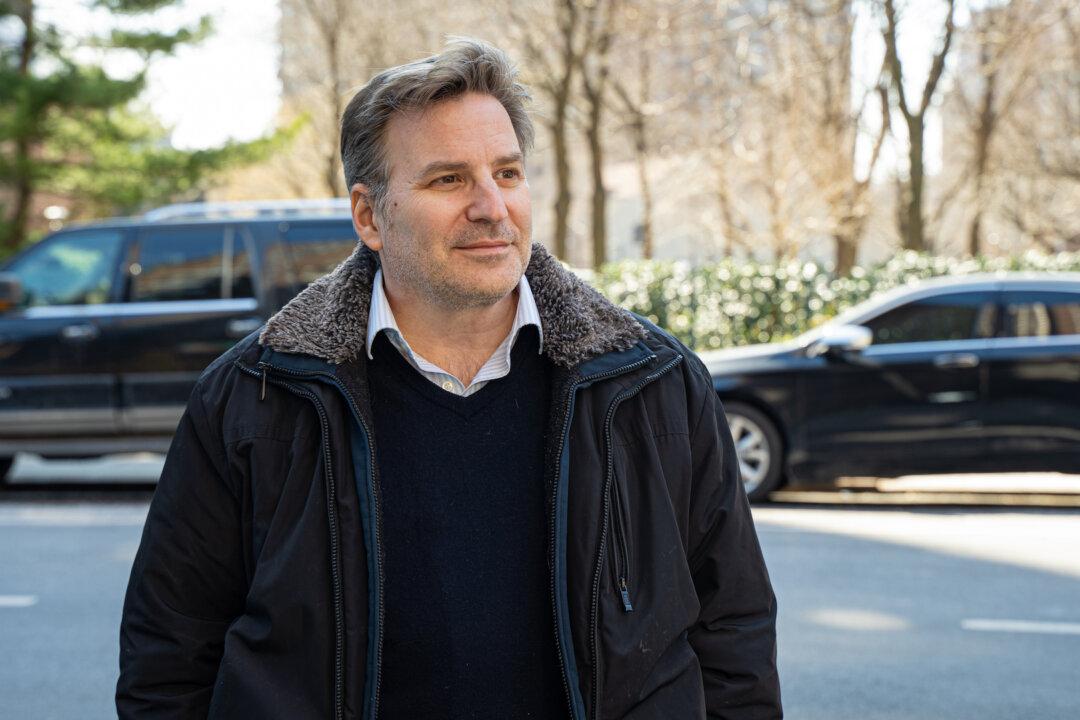Paul Rossi says some level of societal indoctrination is inevitable in education, but when students are taught an explicit political ideology and prohibited from questioning those teachings, the results are damaging, the former teacher said.
Rossi, who taught high school mathematics and persuasion at Grace Church School in Manhattan for 10 years, left the school in 2021 after publishing an essay titled “I Refuse to Stand By While My Students Are Indoctrinated” on the blog of former New York Times editor Bari Weiss.






